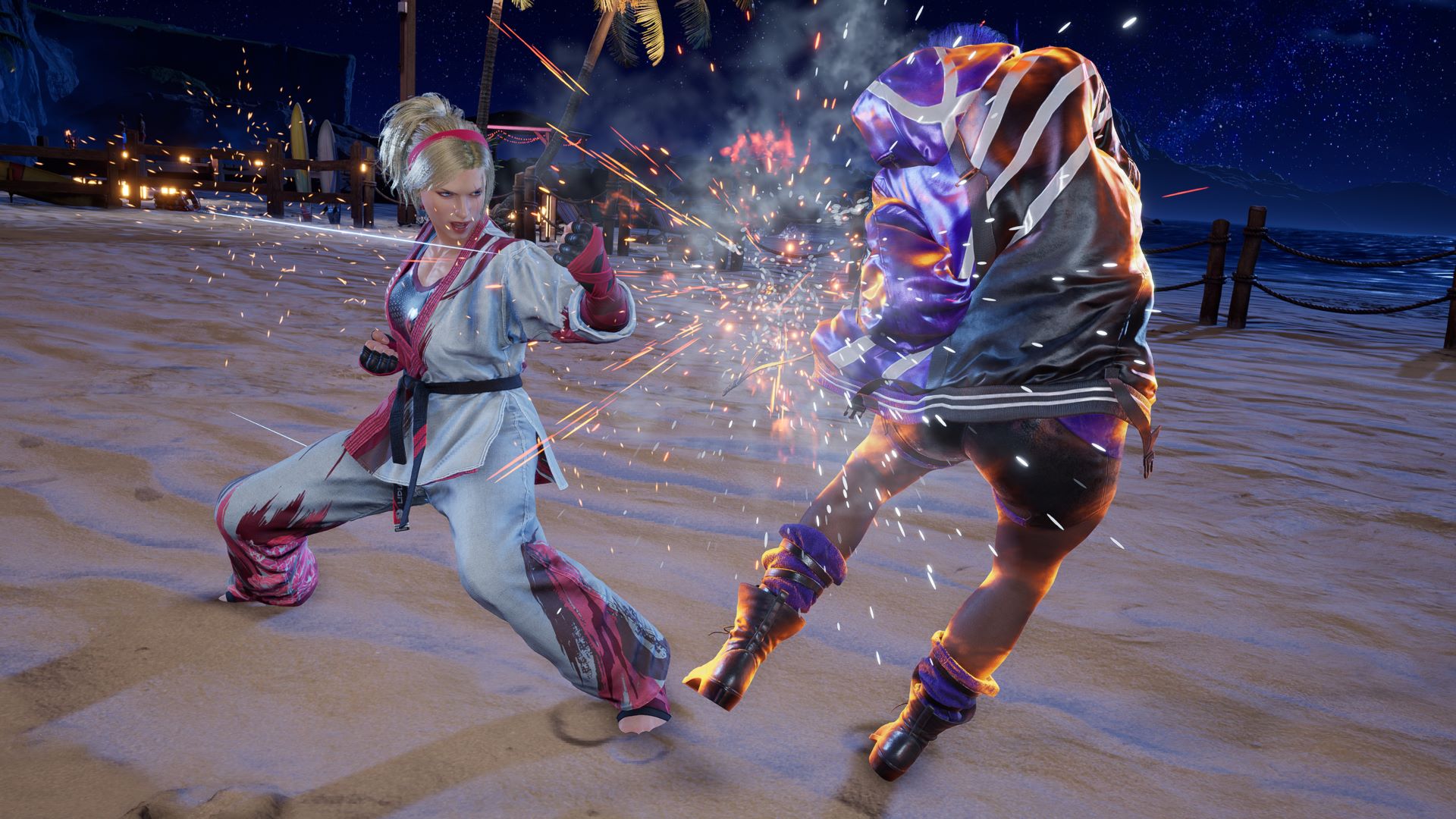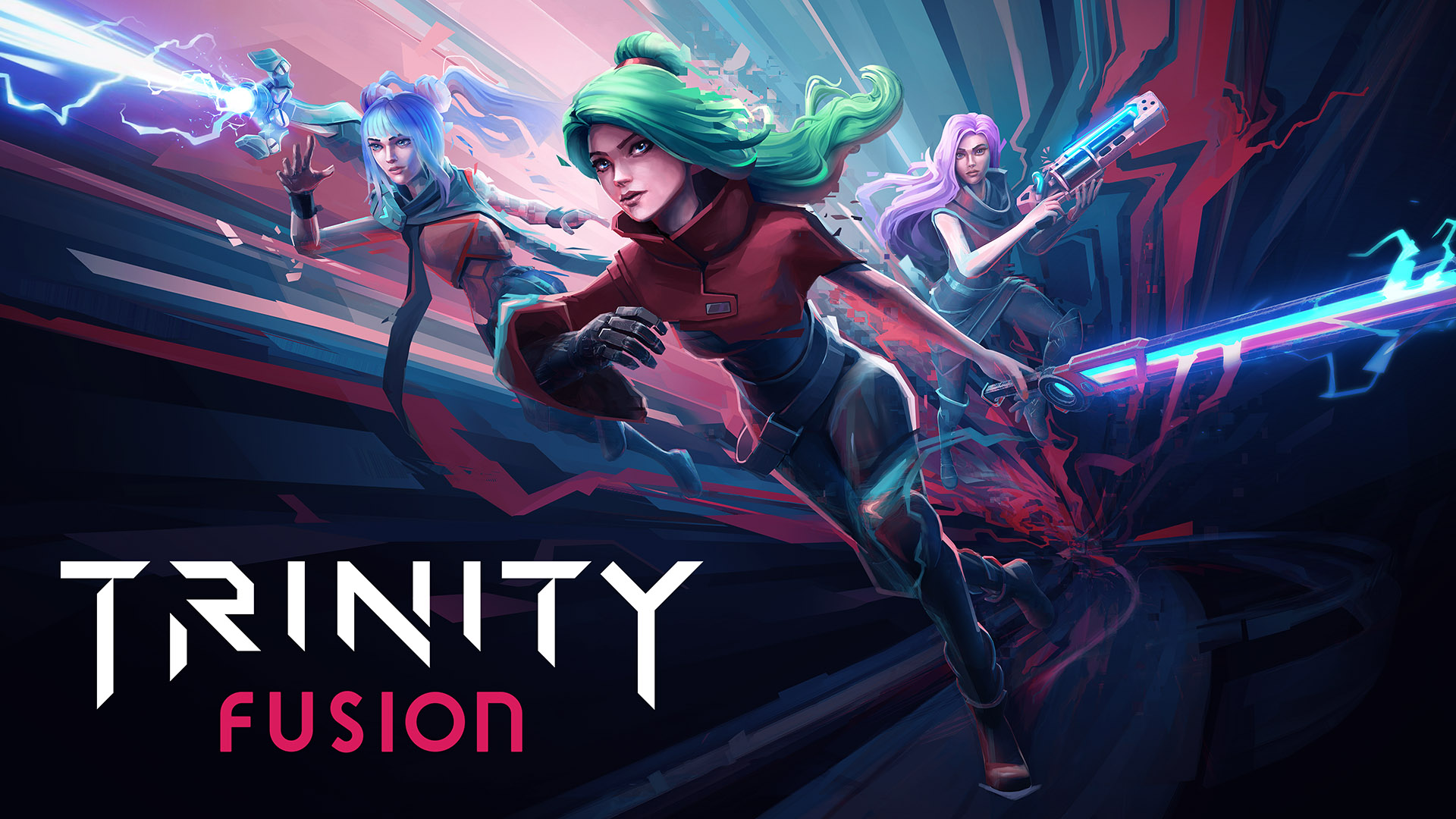5 Things You Need to Know About Ara: History Untold
The post 5 Things You Need to Know About Ara: History Untold appeared first on Xbox Wire.
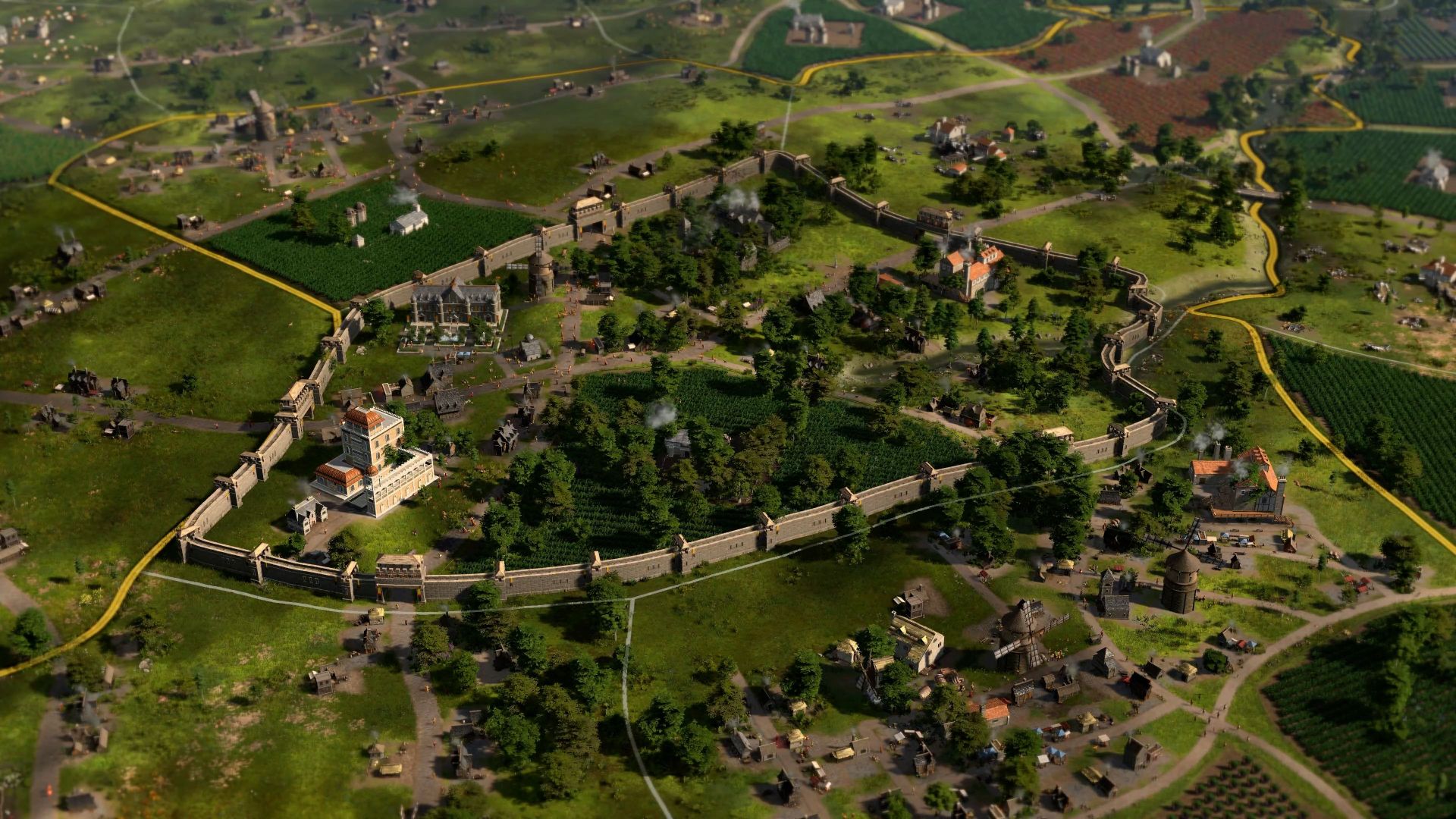
5 Things You Need to Know About Ara: History Untold
Summary
- Learn about some of the ways Ara: History Untold differentiates itself from other grand strategy games.
- Unique elements like crafting, simultaneous turns, and a diverse group of well-known and lesser-known historical figures are just some of the ways it stands apart.
- Ara: History Untold will launch September 24, 2024, for Steam, Windows PC, and available day one with PC Game Pass. It’s currently available for pre-order on Steam and the Windows Store.
Grand strategy games are an incredibly unique gaming experience — where else can you find the joy in learning how to harvest food, research pottery, and fight in a war of attrition all in one game? Many of them apply their own tweaks to a variety of game mechanics to make their mark, but none – in my opinion – are taking as big a swing as what Ara: History Untold is endeavoring to pull off.
Throughout our coverage of Ara here on Xbox Wire, we’ve learned a lot about what the team at Oxide Games is trying to achieve, pouring lots of modern elements into their game and finding ways to try and evolve the genre at the same time. With launch coming up on September 24, 2024, I wanted to detail some of more noteworthy elements for Ara: History Untold to help you better understand what it is (and isn’t) before you set out to make your mark on history.
Its Living World is Dynamic
You’ve probably seen the footage of the Living World for Ara: History Untold. It’s incredibly detailed and a joy to scan through as you take in the majesty of it all. It’s also interactive — clicking on citizens will cause them to react by dancing or waving — and it’s procedurally generated so you’re given a new experience with every game that you play.
But one of my favorite features is watching as my Nation comes alive, turn-by-turn, through visual progression. Not only is the world highly detailed with blades of grass, crashing waves, and swirling clouds, but its structures are all incredibly intricate, even evolving structurally over time.
I love being able to see my people walk around, or pick up a hoe and help with farming, or huddle up to take down a rogue lion. It just makes the whole experience more engaging — I want to continue upgrading my Nation to see what visual changes will happen as a result. All this feeds into the desire to care about what you’re building, and for whom you’re building it for: Your people.
It Features Crafting as a Central Component
Harvesting resources is the centerpiece of nearly all grand strategy games. Collecting wood and meat to build units is practically the law in most cases. For Ara: History Untold, it also has its share of resource gathering, including Materials, Wealth, Timber, and Food — but it’s what you can do with those resources that helps it stand apart. This is where Crafting comes to play a tremendously crucial role in shaping your nation’s development.
Crafting in Ara is broken down into a couple of different components, each tremendously important for you to utilize if you want your people to succeed. You can build Improvements, like an Apothecary, that let you craft various Goods, including Amenities which can be distributed to your citizens, or Supplies which can be attached to Improvements to enhance their capabilities. Some great Triumphs also require unique ingredients or goods that must be harvested, crafted, or traded for.
Crafted items can also be used to improve your cities or train units and can be utilized as a Gift to trade with other nations or to help improve Favor – nothing says friendship like gifting five ceramic pots. All of this helps bring another layer of depth to Ara: History Untold, which lets you adjust your strategy to your style of play by letting you dive into manufacturing amenities, buffing your plots, or training your armies.
It’s Powered by Simultaneous Turns
In a typical turn-based grand strategy game, players take turns sequentially – you can see what your opponent is planning and you’re given a chance to counter that move and vice versa. The difference for Ara is that it will process all those actions at once – this is what the team is referring to when talking about Simultaneous Turns; it’s simultaneously resolving every player’s turn at the same time.
The intent is to create a higher sense of suspense and anticipation during your Decision Phase, as you need to factor a bit of guesswork into what your opponent’s moves might be. Once you press ‘End Turn’ to kick off the Resolution Phase, the game will process everything in the queue and issue the commands at the same time. You’ll then see all moves transpire across the map, and then it’s time to begin the cycle anew.
This creates a compelling challenge that requires you to quickly adapt to your opponent and learn to anticipate their moves more than you would in a typical grand strategy-like. As I covered in our recent multiplayer preview, this significantly reduces turn times, enabling the game to support 20, 30, or even more players in a single game, letting you focus on the strategy rather than the waiting. And in the latter stages of the game when many nations begin to converge upon one another, the nation that can best adapt to these situations will likely be one of the last ones standing.
It Features a Diverse Group of Historical Figures
Grand strategy games can put you in the shoes of a variety of historical figures, menacing aliens, or even dwarfs. Ara: History Untold – if the name didn’t give it away — leans into the more historical side of things by letting us play as well-known and noteworthy figures of history like Jeanne d’Arc of France, Julius Caesar of The Roman Empire, and Elizabeth I of England.
But it’s also here where Ara takes the opportunity to forge a more diverse path by introducing some lesser known (but no less noteworthy) historical figures to play as, like Eva Peron of Argentina, Wilma Mankiller of The Cherokee, and Howard Florey of Australia.
This is great to experience for everyone, from history buffs to players looking to learn more about the world, but also a reminder that a great Leader doesn’t always have to be likened to that of a great conqueror, but by those who have shaped the course of the world – like you’ll be invited to do when you sit down and play Ara: History Untold.
It’s All About People
There are many strategies to consider with Ara: History Untold, but they all bubble up into one key element: improving the lives of your people. Acquiring resources, crafting goods, building iconic structures – all of this is designed to make the lives of your people better. And this is how you win.
Finding the right mix of what brings happiness to your citizens is what feeds into so many elements of the game, from expansion to harvesting and more. Other nations on the map are clued to this element as well; it’s a constant balance to make sure you’re doing everything you can to make your people thrive, while cutting off those benefits to your opponents’ citizens.
You’re not just a brilliant Leader trying to take over the world. You are the people’s steward. Once you start baking that into the rest of your strategic approach to Ara, you’ll be on the right path.
Ara: History Untold will launch September 24, 2024, for Steam, Windows PC, and available day one with PC Game Pass. It’s currently available for pre-order on Steam and the Windows Store.
Ara: History Untold Deluxe Edition Preorder Bundle
Xbox Game Studios
Ara: History Untold Standard Edition Preorder Bundle
Xbox Game Studios
The post 5 Things You Need to Know About Ara: History Untold appeared first on Xbox Wire.








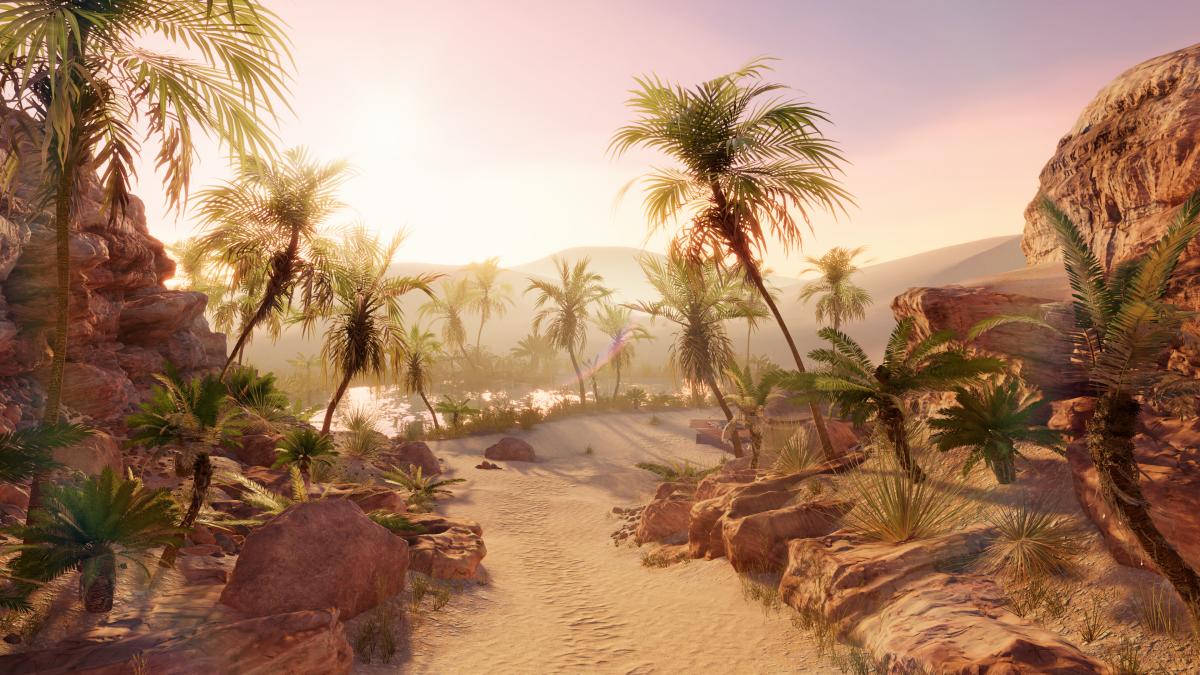
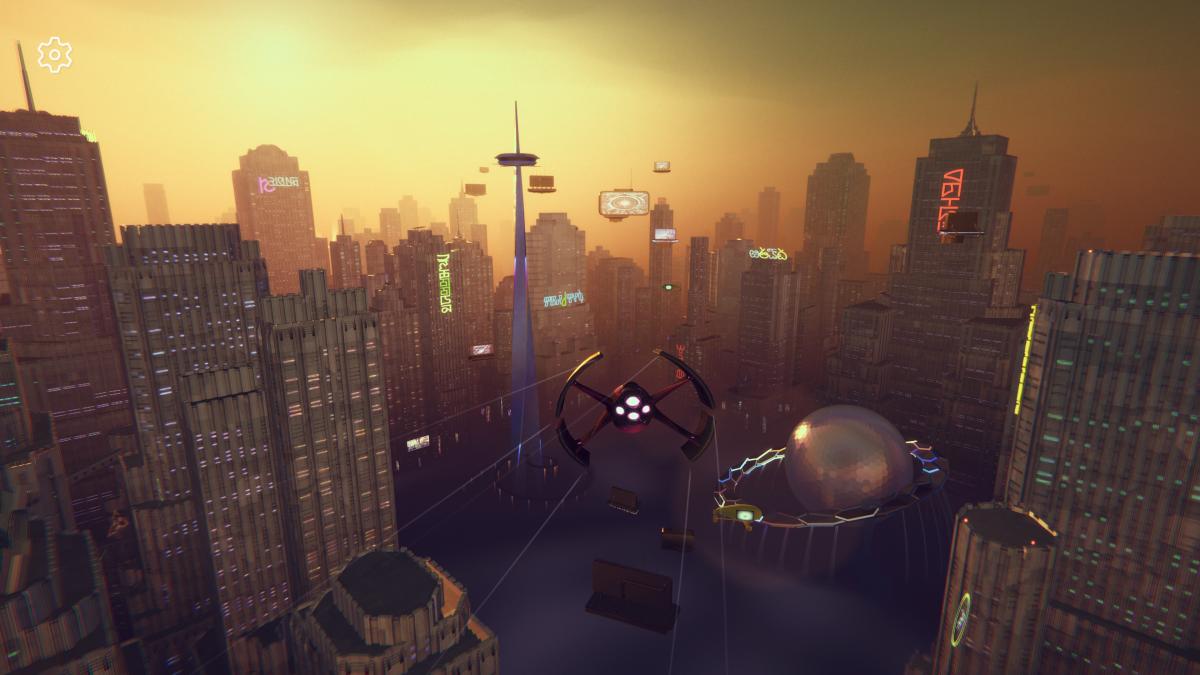
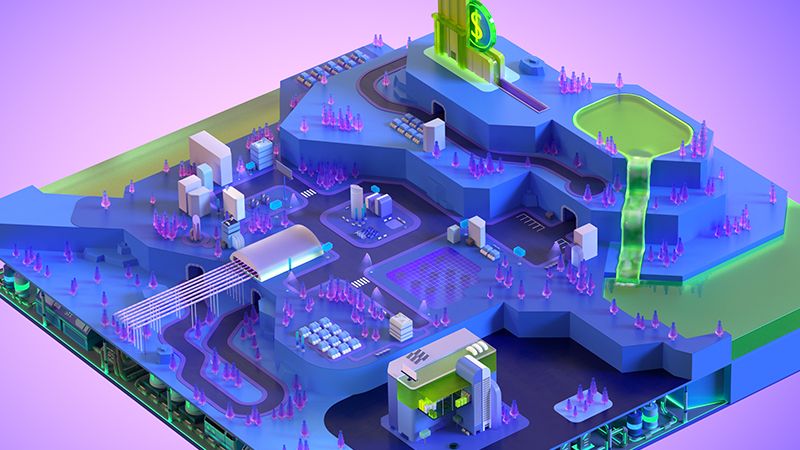





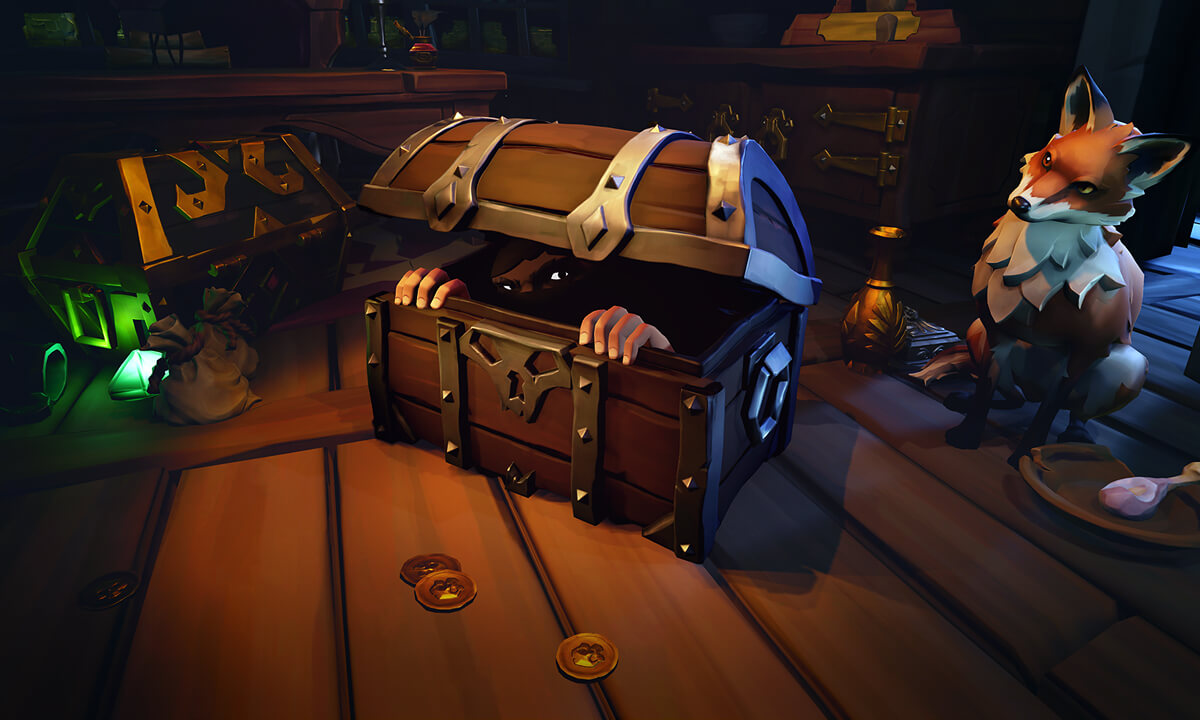
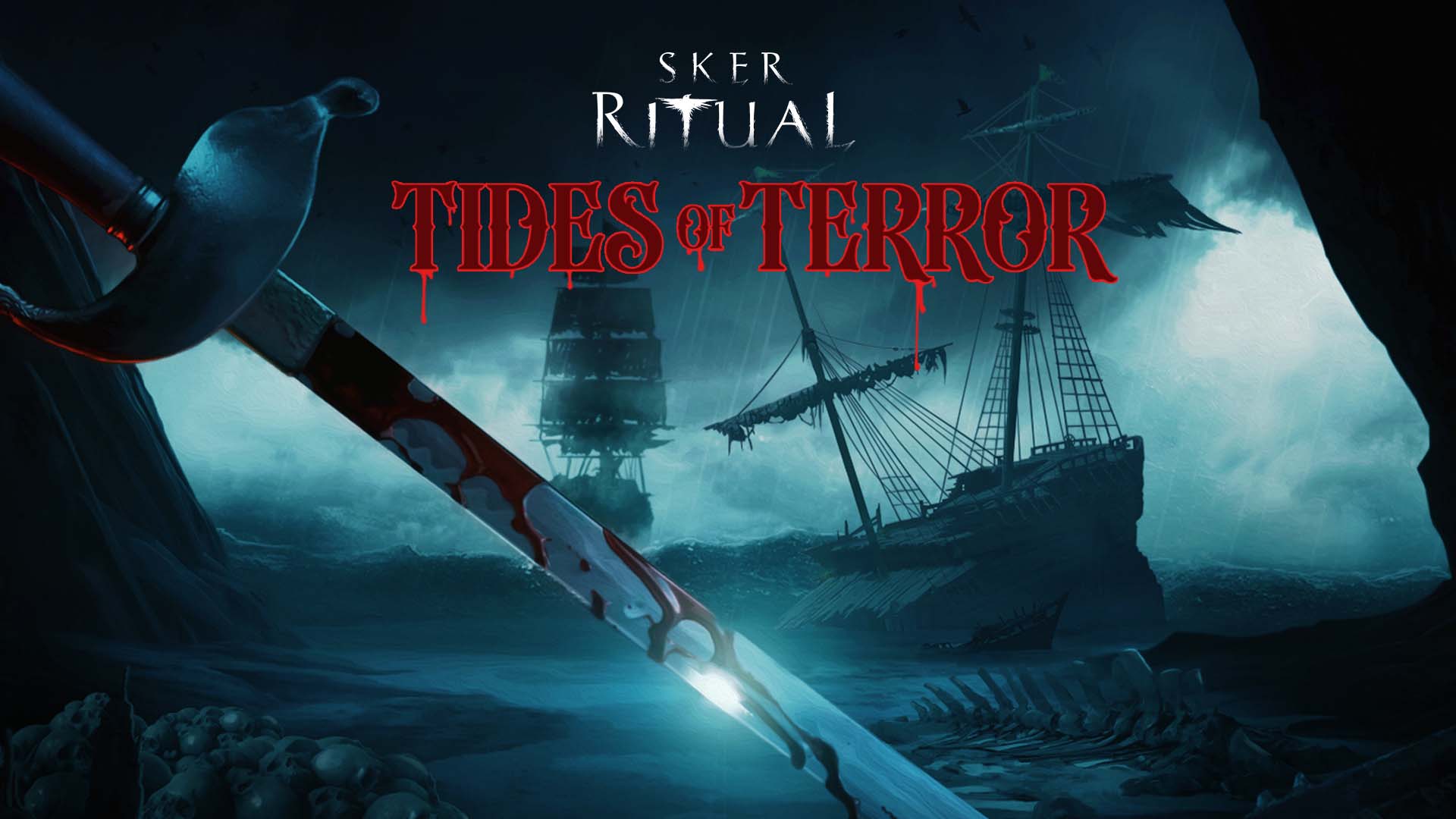
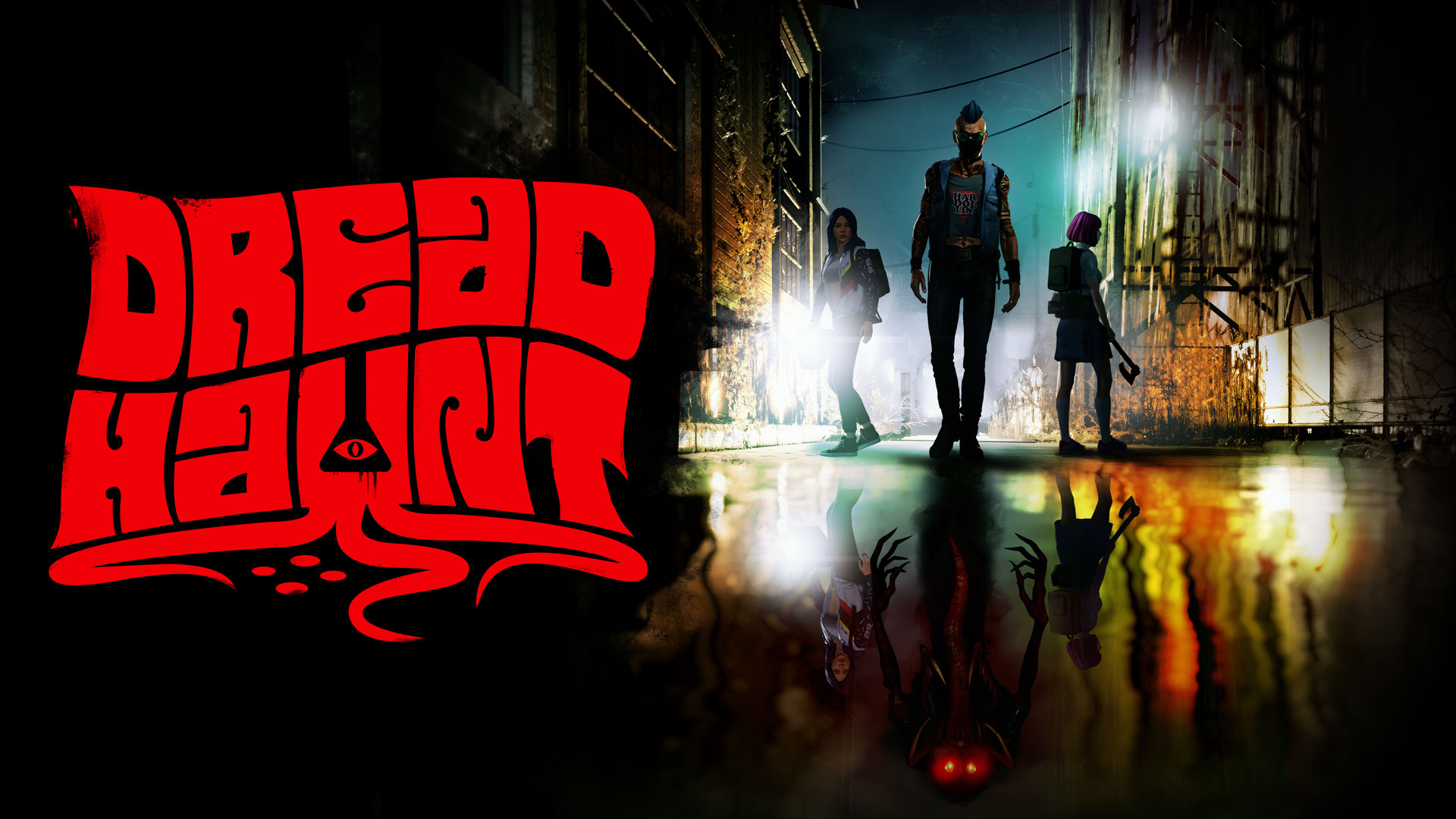







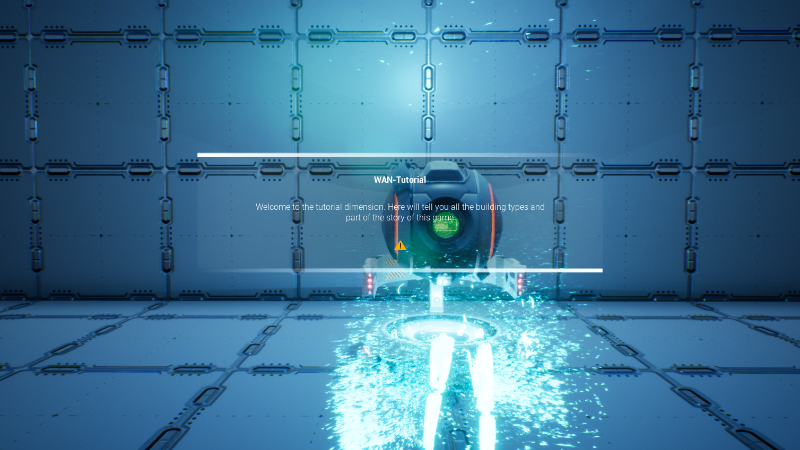
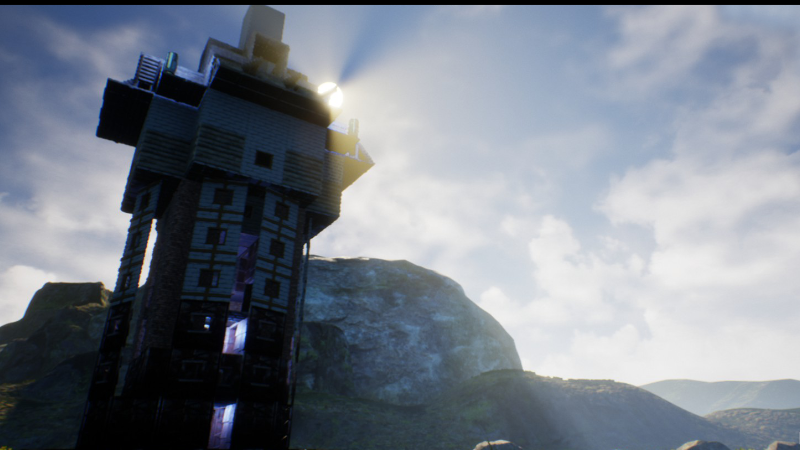


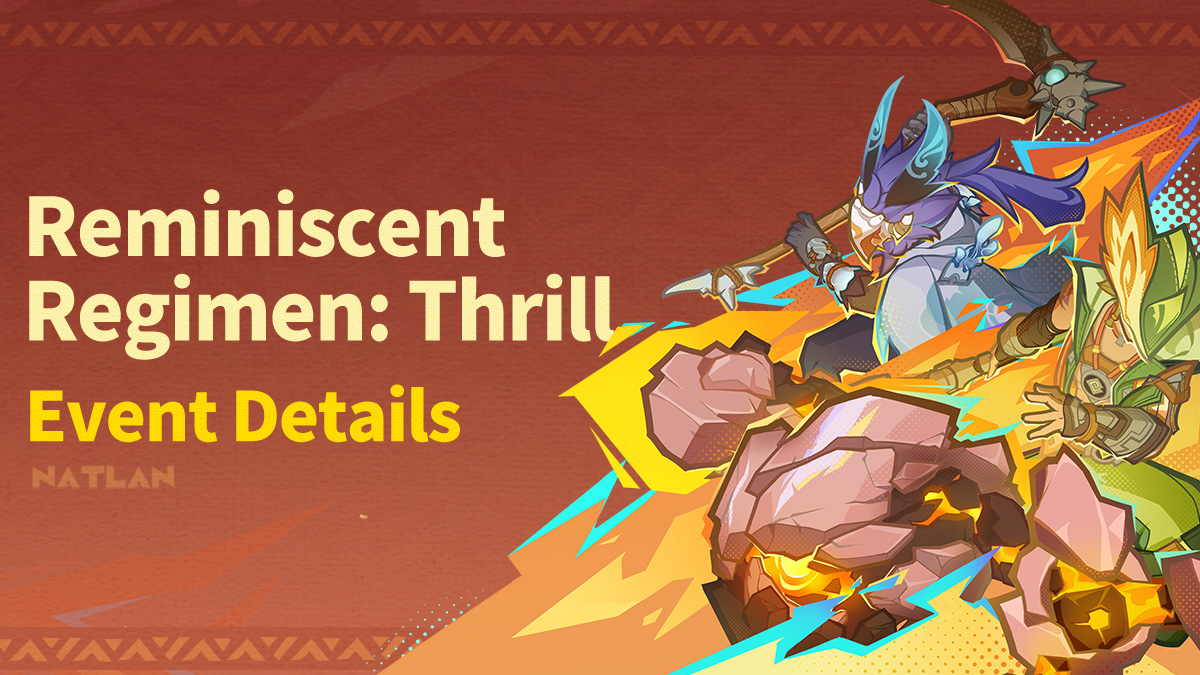
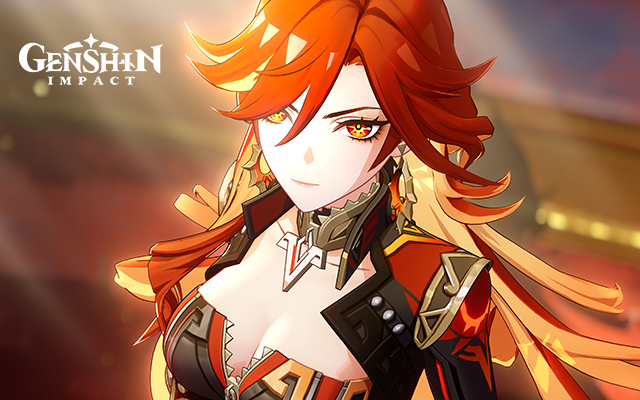
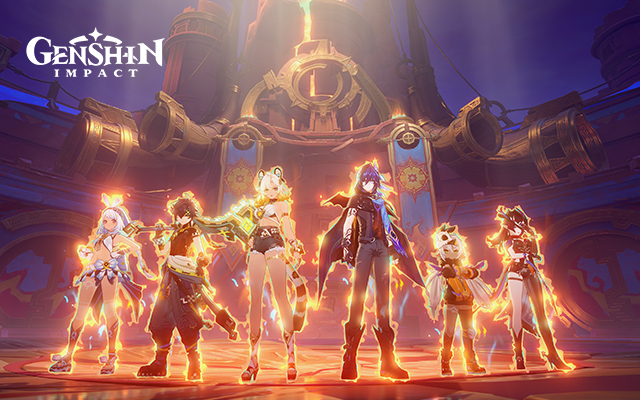
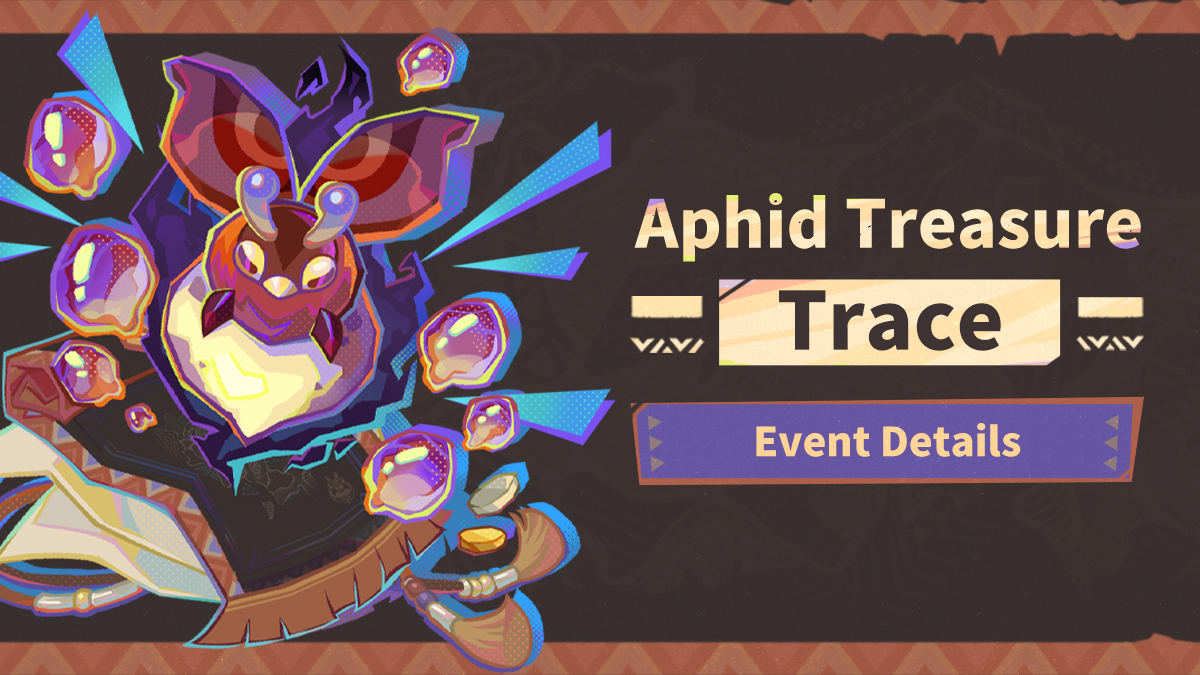
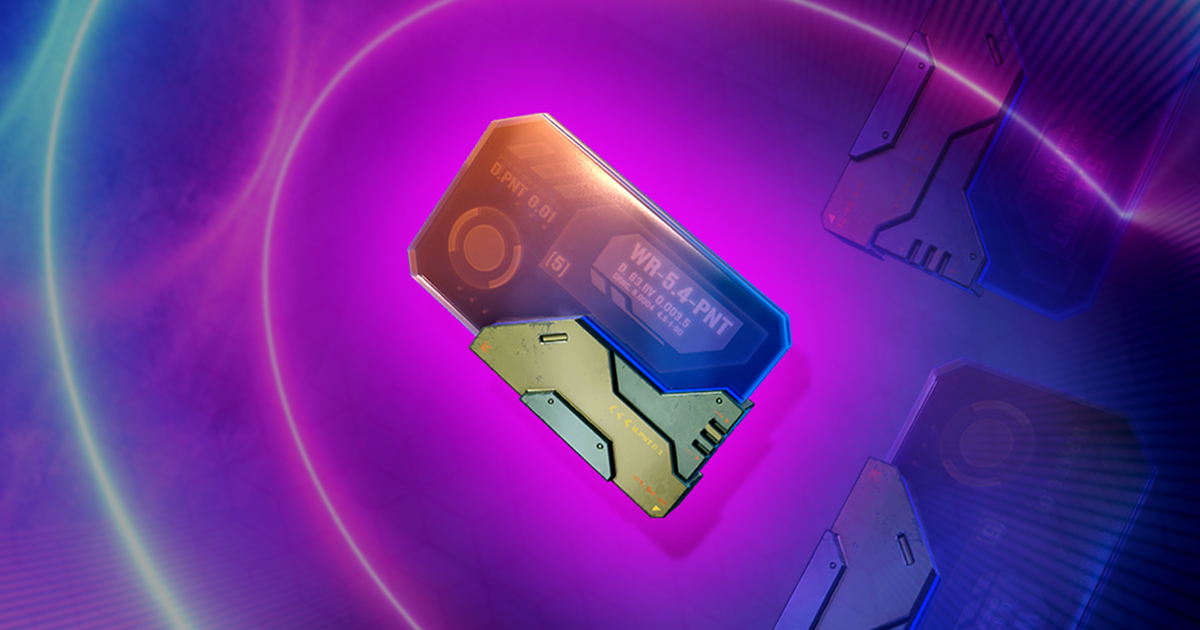
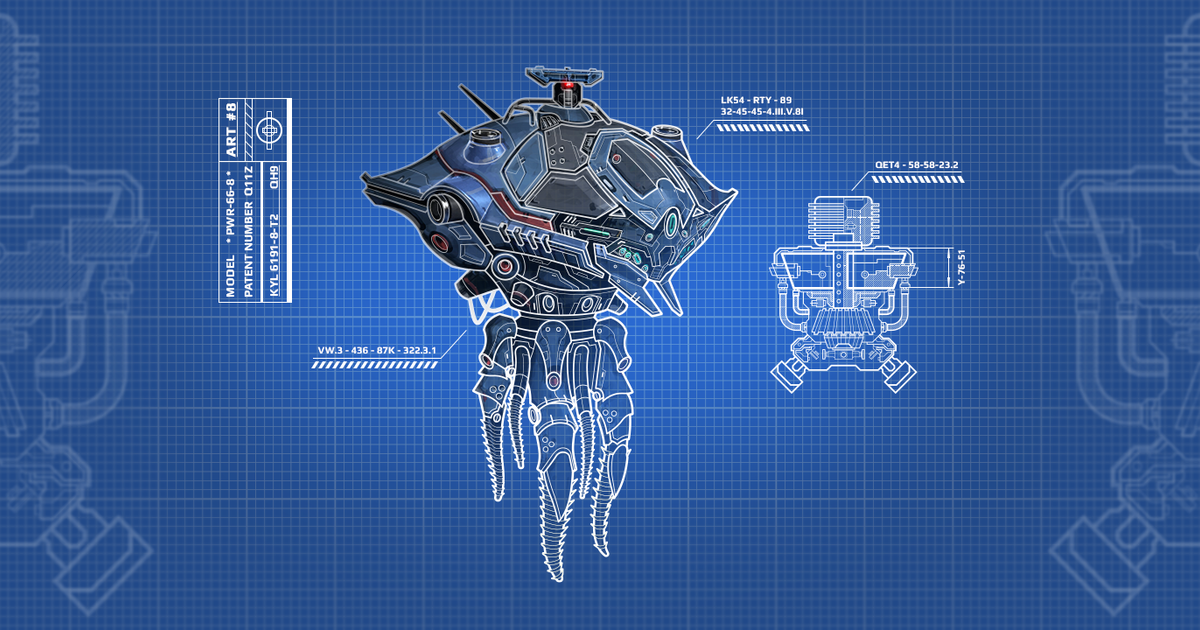
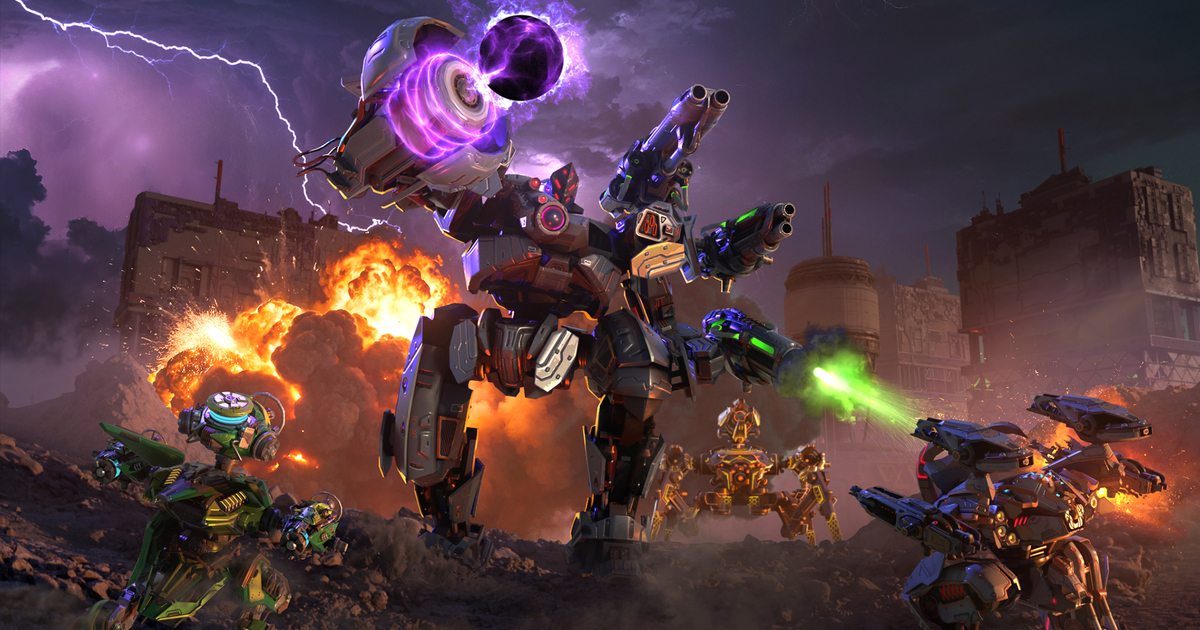
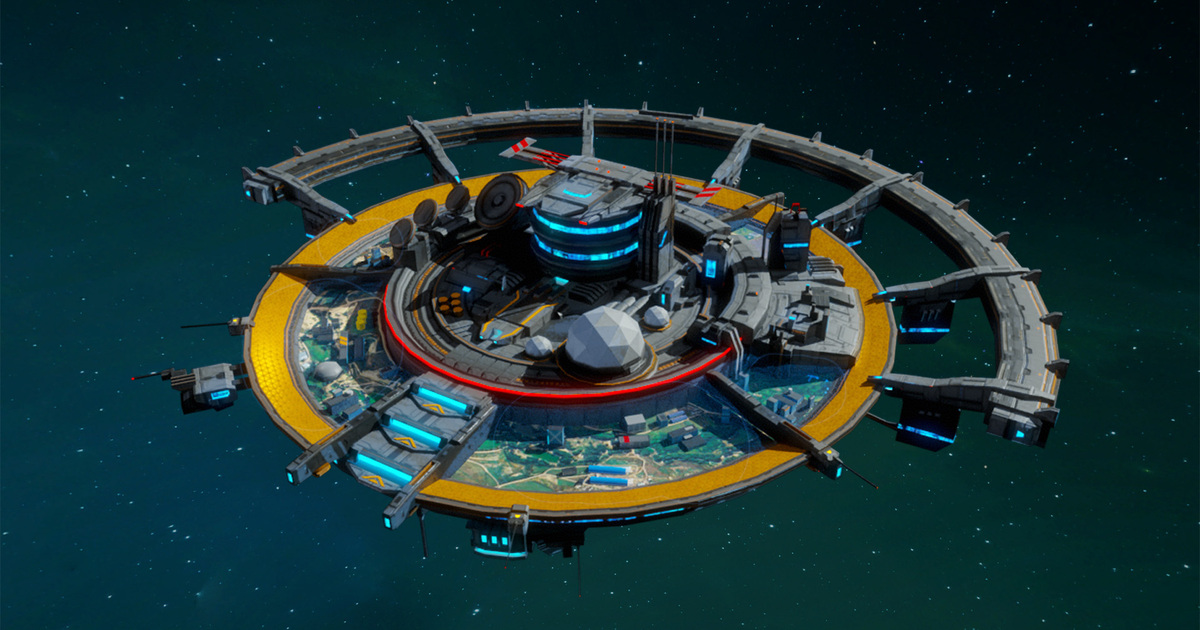








![[Business Talk] How YH Living LTD Tailored Business Solutions Powered by Smart Technology](https://i.scdn.co/image/ab6765630000ba8a5782a039d18af0d958cadc87?#)
![[Business Talk] Elon Musk](https://i.scdn.co/image/ab6765630000ba8ac91eb094519def31d2b67898?#)
![[Business Talk] BYD's Hiring Standards: A Reflection of China's Competitive Job Market](https://i.scdn.co/image/ab6765630000ba8a1a1e0af3aefae3a685793e7c?#)
![[PRO Tips] What is ESG? How is it different from CSR and SDGs? 3 keywords that companies and investors should know](https://i.scdn.co/image/ab6765630000ba8a76dbe129993a62e85226c2b4?#)



